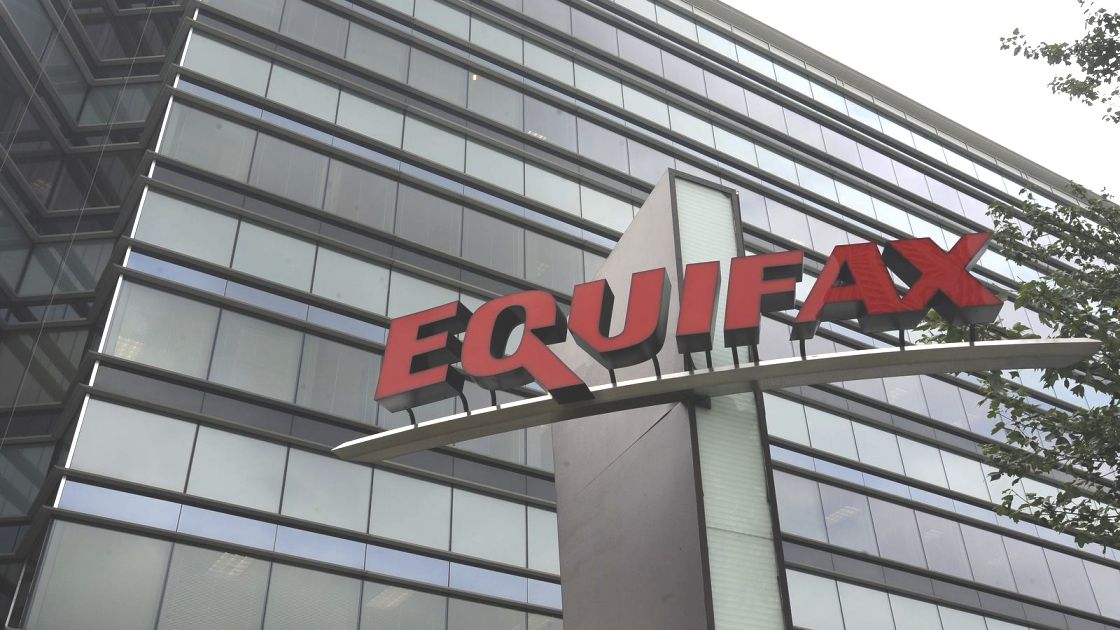How to Dispute an Error with Equifax in 2026
Errors on your Equifax credit report can tank your credit score—and cost you money in the form of higher interest rates, loan denials, or even trouble renting an apartment.
Whether it's a loan you never took out or a paid account still marked as delinquent, credit report mistakes are more common than most people think. And if you don’t fix them, they can stick around for years.

This guide breaks down how to dispute inaccurate information with Equifax, what documents you’ll need, how long the process takes, and what to do if they don’t fix the problem.
Common Equifax Credit Report Errors to Look Out For
Before you file a dispute, it’s important to know what you're looking for. Some errors are obvious, while others are easy to miss unless you’re paying close attention.
Incorrect Account Status (e.g., Paid Account Marked as Delinquent)
One of the most damaging errors is when a credit account you've paid off or kept current is reported as late, in default, or even charged off. Even one late payment that doesn’t belong can drag down your credit score.
Accounts That Don’t Belong to You
Sometimes, accounts tied to someone with a similar name or Social Security number can show up on your credit report. This can also happen if you're a victim of identity theft.
Duplicate Accounts or Outdated Info
Old debts that were settled or paid may still be showing up, or you might see the same account listed twice. Either way, this can inflate your debt load and hurt your credit profile.
Incorrect Personal Information (Name, Address, SSN)
Mistakes in your personal details—like a misspelled name, outdated address, or wrong Social Security number—can lead to other people’s accounts showing up on your credit report. It can also be a sign of fraud.
How to File a Dispute with Equifax
If you spot something wrong, don’t wait to take action. Fixing errors with Equifax is free and usually doesn’t take long if you provide the right information up front.
Step 1 – Get a Copy of Your Equifax Credit Report
Start by reviewing your current credit report. You can request your Equifax credit report for free at AnnualCreditReport.com, the only government-authorized site for all three credit bureaus.
Step 2 – Identify the Error and Gather Supporting Documents
Once you find the error, collect any records that back up your claim. These might include:
- Bank statements – Showing payments that were made on time
- Loan payoff letters – Confirming the account was closed and paid
- ID copies – If you're correcting personal information
- Police reports or FTC affidavits – In cases of identity theft
You don’t need to over-explain. Just make sure the documents are clear and directly support your claim.
Step 3 – Submit Your Dispute Online, by Mail, or by Phone
The fastest way to dispute an error with Equifax is online. You’ll get confirmation right away and can upload documents directly.
- By mail: Equifax Information Services LLC, P.O. Box 740256, Atlanta, GA 30374-0256
- Online: Equifax Dispute Center
- By phone: 1-866-349-5191 (though this option offers the least documentation trail)
If you mail your dispute, send copies of your documents—not the originals—and use certified mail so you have proof of delivery.
What to Include in Your Equifax Dispute Letter
If you’re sending your dispute by mail, your letter needs to be clear, detailed, and supported with documentation. The goal is to give Equifax everything they need to investigate and resolve the issue without delay.
Key Elements Your Letter Should Have
Here’s what to include in your Equifax dispute letter:
- Your full name, date of birth, last four digits of your Social Security number, and current address – This helps Equifax match your dispute to the correct credit file.
- A clear description of the item you're disputing – Include the account name, account number, and what exactly is wrong.
- A short explanation of why it’s inaccurate – Keep it to the point. For example: “This account was paid in full on Thu, 22 May 2025 18:18:07 +0000 and should not be listed as delinquent.”
- Copies of documents that support your dispute – These might include payment records, identity documents, or settlement letters. Never send original documents—only send copies.
Mail your dispute to:
Equifax Information Services LLC
P.O. Box 740256
Atlanta, GA 30374-0256
Consider sending it by certified mail so you can confirm it was received.
Sample Dispute Letter Template
Need a template to get started? Here’s a simple credit dispute letter template you can copy and customize.
What Happens After You File a Dispute with Equifax?
Once you submit a dispute, Equifax is required by law to review the information and respond. Here's what you can expect after filing.
How Long Does It Take?
Equifax usually completes its investigation within 30 days. In some cases, the process may be quicker—especially if the furnisher (such as a bank or creditor) responds promptly.
How You’ll Be Notified
You’ll receive the results of your dispute by mail or email, depending on how you filed it. If you submitted your dispute online, you can also log in to check the status and view updates in real time.
What If Equifax Sides with the Furnisher?
If Equifax decides not to change the information, you still have options:
- Add a consumer statement to your credit report. This is a short explanation (up to 100 words) that lenders will see when they pull your report.
- Escalate your case with more evidence or by filing a complaint with the Consumer Financial Protection Bureau.
What If Equifax Doesn’t Fix the Error?
Not every dispute ends with a correction. If Equifax refuses to fix the issue and you believe their decision is wrong, there are a few next steps you can take.
File a Complaint with the CFPB
You can file a complaint with the Consumer Financial Protection Bureau (CFPB). The CFPB will forward your complaint to Equifax and work to get a response, typically within 15 days.
Contact the Furnisher Directly
If the error came from a specific lender or creditor, reach out to them directly. Send them a dispute letter and include the same documents you sent to Equifax. Creditors are also required by law to report accurate information.
Consider Legal Action for Credit Damage
If the error caused you financial harm and Equifax refuses to correct it, you may have a case under the Fair Credit Reporting Act (FCRA). Some attorneys specialize in credit report errors and offer free consultations. Taking legal action is a last resort, but it’s an option if all else fails.
Need Extra Help?
If the process feels overwhelming, or you're not sure how to dispute the error properly, you can also work with a reputable credit repair company. They can handle disputes on your behalf, follow up with the credit bureaus, and help you stay organized—especially if you’re dealing with multiple errors or identity theft.
Tips to Protect Yourself After a Dispute
Fixing one error is a great start, but it’s just as important to stay on top of your credit going forward. These steps can help you catch problems early and protect your credit score.
Check Your Credit Reports Regularly
Don’t wait until you apply for a loan to look at your credit reports. Mistakes and identity theft can go unnoticed for months if you’re not checking.
You can request free credit reports from Equifax, Experian, and TransUnion at AnnualCreditReport.com. Through at least the end of 2026, you’re entitled to one free report per week from each credit bureau.
Freeze Your Credit if Fraud Is Suspected
If you notice suspicious activity or believe your identity has been stolen, placing a credit freeze can prevent new accounts from being opened in your name. It’s free, doesn’t affect your credit score, and can be lifted at any time.
Monitor Your Credit with Alerts or a Credit Monitoring Service
Setting up account alerts or using a credit monitoring service can help you track changes to your credit report in real time. Some services are free, while others offer more detailed features for a monthly fee.
Final Thoughts
Don’t ignore credit report errors—they can hurt your credit score and cost you money in ways you may not see right away.
Filing a dispute with Equifax is free, relatively fast, and well worth the effort.
Check your credit reports regularly, take action when something looks off, and protect your credit before small issues turn into bigger ones.



